Building Tools for Untapped Talent
Ksenia Golubeva
CBDO and co-founder of AutiHD, advancing AI-powered neurodiversity support.
It’s rare to meet a founder who instantly shifts how you see inclusion, talent, or the true meaning of impact. From the moment I heard about Ksenia Golubeva’s mission with AutiHD, I was drawn in—her passion comes through in every story she tells and every tough problem she chooses to tackle. Ksenia’s journey stands out for its clarity of purpose: not just building another app, but creating real, tangible support for neurodivergent adults so they can stop hiding and start thriving. In this conversation, you’ll discover how her deepest lessons from a decade in corporate innovation sparked a new way forward for those too often kept on the margins—and pick up some hard-earned wisdom on what it really takes to design for inclusion from day one. If you remember one thing, let it be her call: “Neurodivergent people don’t need to be fixed—the world needs to change so they can be fully seen and valued.”
Ksenia, when people hear 'inclusion,' the term often gets thrown around as a buzzword. What’s the real heart of AutiHD’s mission for you, and what do you want the world to truly understand about the journey you’re leading?
On the practical side, our focus right now is split between expanding the reach of our Mindory App and refining every detail based on real user input. We care deeply about what our users tell us, because their experiences are what guide meaningful change in our technology. Our core message is this: inclusion is about creating environments where people don’t just fit in—they grow, become visible, and are valued for exactly who they are.

When you think about what’s at stake, what future are you hoping to create through AutiHD’s work?
You’ve overseen thousands of startups and launched more than 50 pilots. What moments or realizations from your innovation career pushed you to finally say, 'this time, I want to build something myself,' and why was it AutiHD?
With AutiHD, there was no 'lightbulb moment' or business plan drawn up overnight. It started from listening: to dozens of people whose struggles didn’t fit into checkboxes or product demos. Those stories were raw and urgent. I realized there was this enormous gap between what people really needed and what technology offered. That gap—the space between everyday frustration and actual progress—became my focus. Every step since has meant staying as close as possible to our users’ voices, adapting relentlessly, and refusing to lose sight of our real mission through the noise of startup life.

Staying close to users sounds easy, but it’s a grind. How do you hold onto that original mission along the way?
Your commitment to building truly inclusive tech for adults with autism and ADHD didn’t materialize out of thin air. What personal stories or background experiences fuel your passion, and how did meeting your co-founder transform your vision?
Fast forward 15 years: I meet Joël in Luxembourg—my now co-founder. Getting to know him shattered any movie-script image I had about autism. He’s hilarious, sharp, completely original—everything the stereotypes missed entirely. What became painfully clear is that the barriers these individuals face don’t expire after childhood. At university or work, the demand is still rigid uniformity, often at the cost of hiding incredible strengths. Despite different decades and a new country, I saw how slow society is to shed those myths. That realization lit a fire in me. Our mission is about designing systems—digital and social—that let unique abilities surface and be recognized, not hidden.
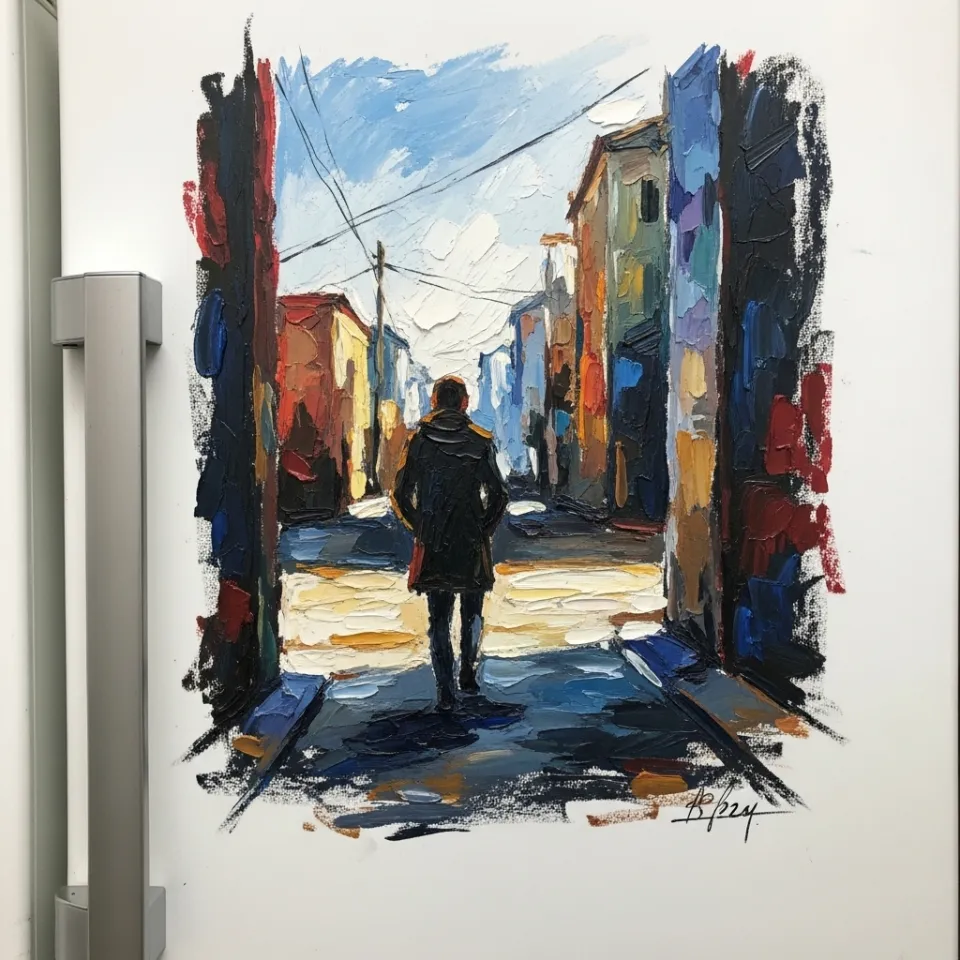
What keeps you inspired through the difficult days of building in the mental health space?
Can you give us a behind-the-scenes look at how Mindory really leverages AI for neurodivergent users, and how trust and privacy shape every step of your product design?
For our users, transparency isn’t optional. We follow explainable AI principles, so every nudge or prompt can be tied back to a concrete trigger. Users know what’s collected and why, and they’re always in control—consent isn’t static, it’s ongoing. All data management sticks 100% to GDPR, no shortcuts.
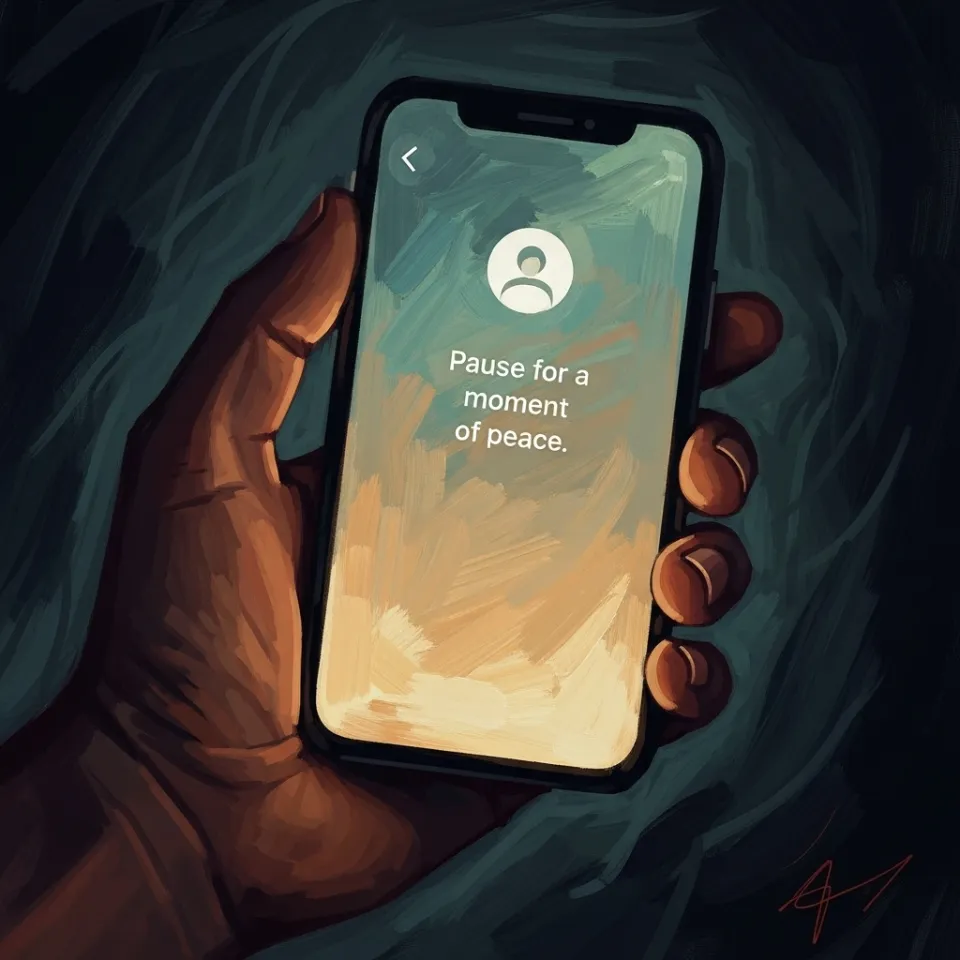
What do you see as the hardest part of keeping AI helpful but never invasive, especially with such a sensitive user group?
Let’s get tactical: what makes Luxembourg the ideal starting ground for AutiHD, and how are you navigating the path from local innovation to broader European adoption?
On scaling, one of the boldest steps we’re taking is pursuing insurance reimbursement—getting support for neurodivergent adults recognized and covered the way physical health tools are. European policy shifts are on our side: more countries are making room for digital health tools. That’s our opening, and we intend to use it for both reach and making the product accessible.
We’re also building bridges directly with employers—companies who see the business sense and the human benefit in supporting neurodivergent staff. It’s that dual track—healthcare and workplace—that puts us in a unique spot to drive change.

How have employers responded so far, and where are you seeing the greatest pull for your solution?
What’s the biggest curveball you’ve faced in developing support for such a diverse user base, and how did it change how you design?

How do you see the future of work changing for neurodivergent adults, and what unique place do platforms like Mindory have in that landscape?
Drawing on your years catalyzing change across the tech landscape in Eastern Europe, what are the most urgent policies and social shifts you believe societies must prioritize so neurodivergent adults can thrive?
Next is concrete access: too few adults can find affordable coaching, tools, or adapted workplaces. Insurance systems need to treat digital and workplace solutions as essential, not luxury add-ons. That means building practical reimbursement frameworks and support structures in every country, not just progressive corners of Europe.
Workplaces themselves have a responsibility: flexibility in hours, location, and job role shouldn’t be perks—they should become the norm. Without that, we’re still locking out enormous potential.

What one change would you want to see every government or company adopt within the next two years?
Can you walk us through your business model, early traction, and what’s shaping your next six months?
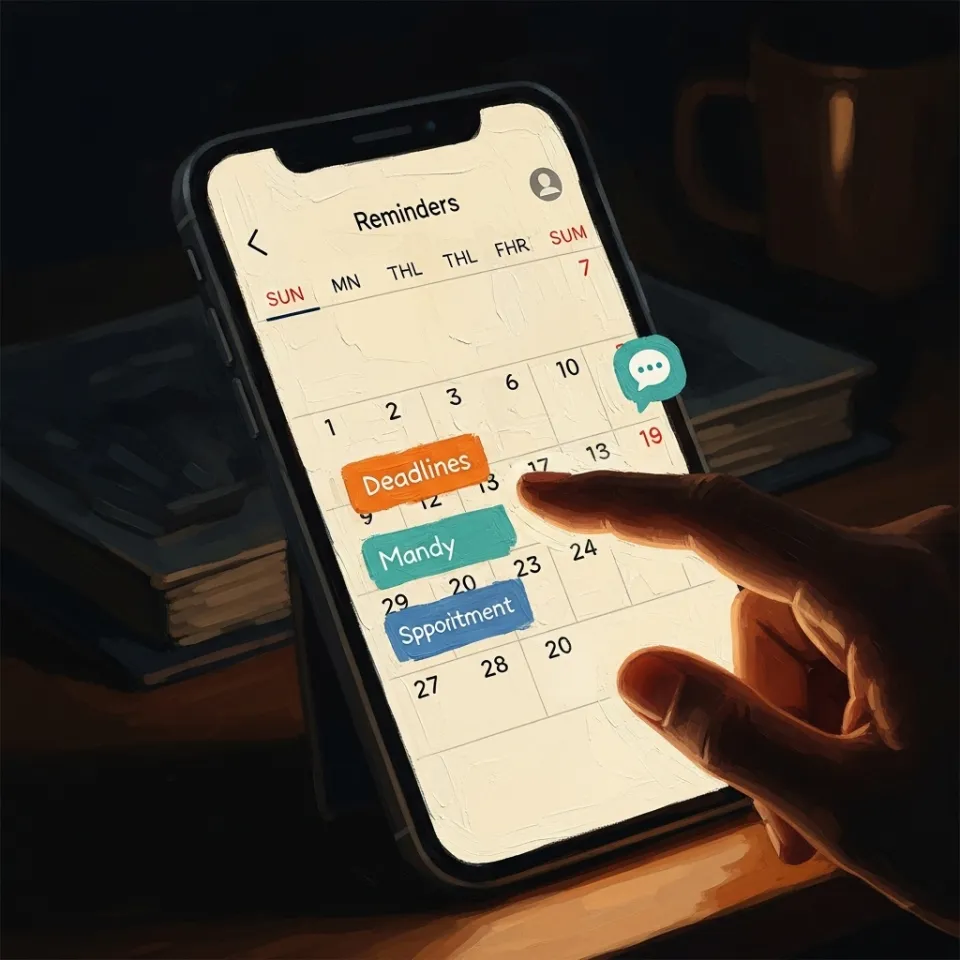
What’s next for the platform in terms of accessibility and reach?
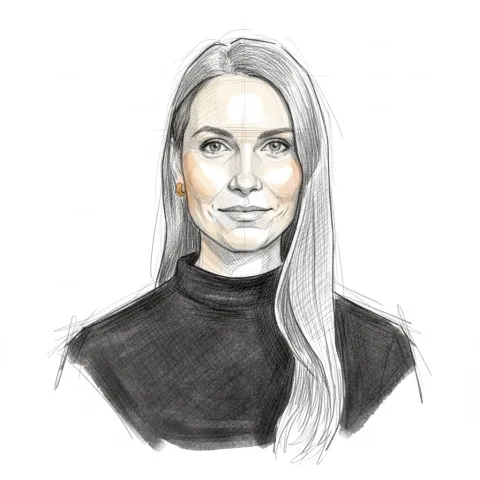
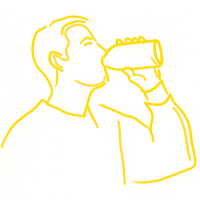
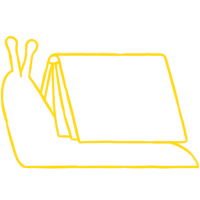


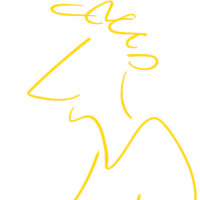



Share moment
Choose where you'd like to share this interview moment: